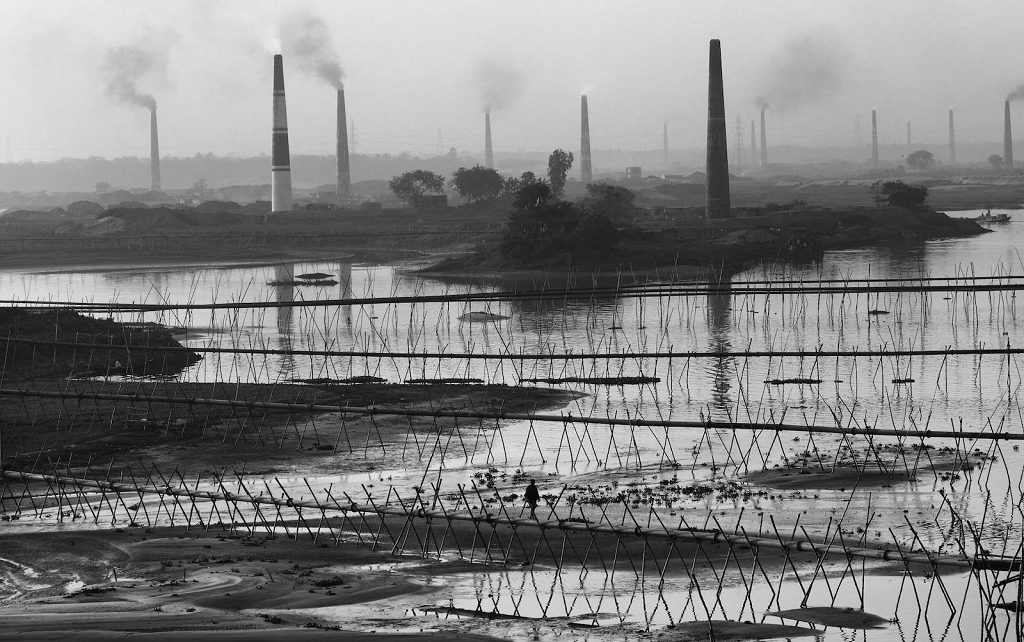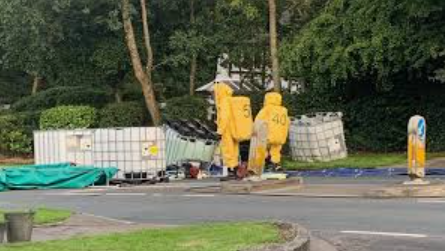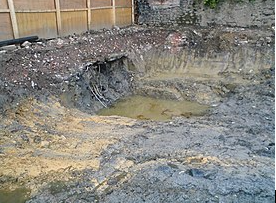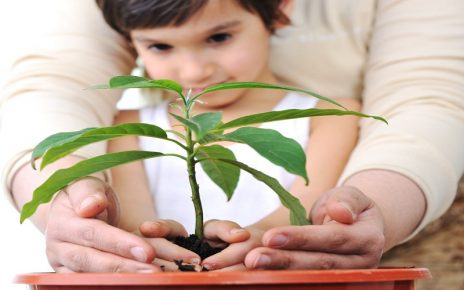For life on earth, water is a precious resource. However, the alarming rate of water pollution poses a significant threat to the health of our local water bodies, including rivers, lakes, and streams.
The Hill reports that almost 50 percent of water bodies in the US are too polluted for swimming, fishing, or drinking. With time, the situation of these water bodies is worsening.
As responsible citizens, we must take proactive steps to protect our local water bodies from becoming polluted. In this article, we will explore a few effective ways you can contribute to safeguarding these essential resources.
Proper Waste Management
One of the primary contributors to water pollution is improper waste management. Quench USA reports that daily, over two million tons of waste are discharged into the world’s water bodies. Such waste can harm aquatic life and ecosystems. Thus, to protect our local water bodies, we must adopt responsible waste management practices.
Municipalities can implement recycling programs and establish more recycling centers to encourage proper waste disposal. As individuals, we can also reduce our plastic footprint by using reusable bags, bottles, and containers. Supporting initiatives to reduce plastic usage and advocating for stronger waste management policies can make a significant difference in protecting our waters.
Implementing Green Infrastructure
The rapid urbanization and industrialization of many areas have resulted in increased runoff of pollutants into water bodies. Traditional concrete and asphalt surfaces prevent rainwater from seeping into the ground, causing a surge in stormwater runoff that carries pollutants into nearby rivers and streams.
By advocating for and supporting the implementation of green infrastructure in our communities, we can significantly mitigate water pollution and enhance water quality.
Adopting Sustainable Agricultural Practices
Agricultural runoff is a significant source of water pollution, with fertilizers, pesticides, and animal waste finding their way into local water bodies. To protect these waterways, it is essential to promote sustainable agricultural practices.
Farmers can adopt precision farming techniques that optimize fertilizer and pesticide usage to minimize runoff. Planting buffer strips along water bodies can also serve as natural filters, preventing contaminants from reaching the water. Encouraging the use of organic and eco-friendly farming methods can significantly reduce the impact of agriculture on local water bodies.
Participating in Local Cleanup Events
Community involvement plays a vital role in protecting local water bodies. Participating in local cleanup events, such as river cleanups or beach cleanups, is an excellent way to make a direct impact on water pollution.
These events bring people together, raise awareness about water pollution, and remove tons of litter and debris from water bodies and their surroundings. By volunteering for these cleanup initiatives, you can contribute to the preservation of local ecosystems and the overall health of the environment.
Advocate for Stronger Environmental Regulations
To have a lasting impact on protecting local water bodies, we must advocate for stronger environmental regulations at the local, regional, and national levels. Stronger policies can address issues such as industrial discharge, sewage treatment, and agricultural runoff.
Joining environmental organizations and actively participating in public hearings or writing to elected officials can amplify our collective voice and lead to positive change.
The need to advocate for stronger environmental regulations can be better understood using the Camp Lejeune incident as an example. According to TorHoerman Law, the Camp Lejeune water contamination incident was a result of toxic substances being dumped into the nearby waters. A lot of people present in the Camp Lejeune area between 1953 and 1987 developed severe health problems, including cancer, due to this water contamination.
The Camp Lejeune water contamination settlement amounts are likely to be around $10,000 to $500,000. These payments will be made to the Camp Lejeune victims as compensation for their losses due to the water contamination.
This incident serves as a great reminder to us as to why stronger environmental regulations must be in place to protect our water bodies. Unless this is done, the world is likely to encounter a similar incident like the one in Camp Lejeune.
Responsible Household Practices
Our daily activities at home can also contribute to water pollution if we are not mindful of our actions. Practicing responsible household habits can significantly reduce our impact on water quality.
Avoid disposing of harmful chemicals down the drain or toilet, as they can contaminate water supplies and harm aquatic life. Use natural, eco-friendly cleaning products that are less toxic to the environment. You should also conserve water by fixing leaks, using water-saving appliances, and employing smart irrigation techniques for gardens and lawns.
Conclusion
Our World in Data reports that unsafe water sources cause 1.2 million deaths each year around the world. Such water is one of the world’s largest health and environmental problems. Unfortunately, this problem is only growing with each passing year, thanks to rapid industrialization and urbanization.
Given the current situation with global water pollution, the responsibility falls on you, as a responsible citizen, to try and prevent this problem from growing. For now, approaching this problem with the suggestions mentioned above will do.
In the long run, however, the global population needs to unite and advocate for better policies related to the protection of our water bodies. Only then can we eradicate this problem, protect our water bodies, and ensure our health and overall well-being.




